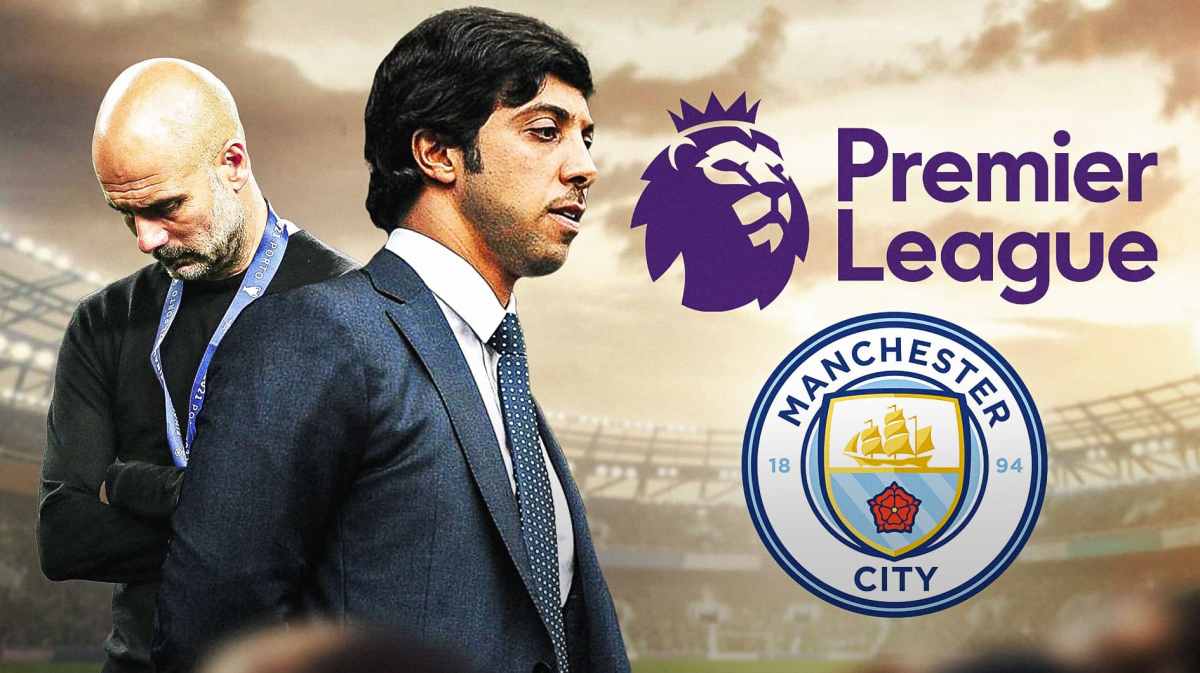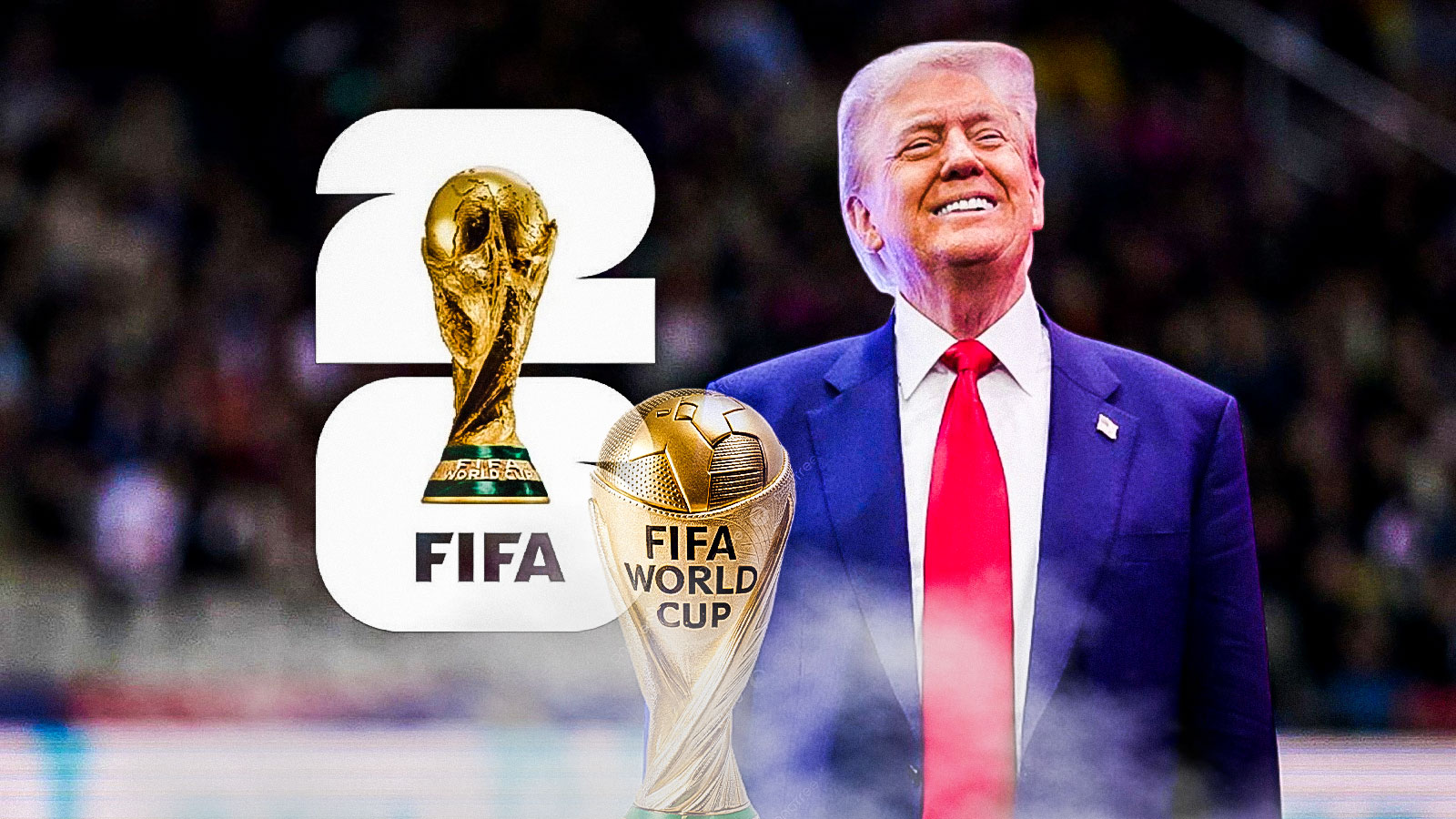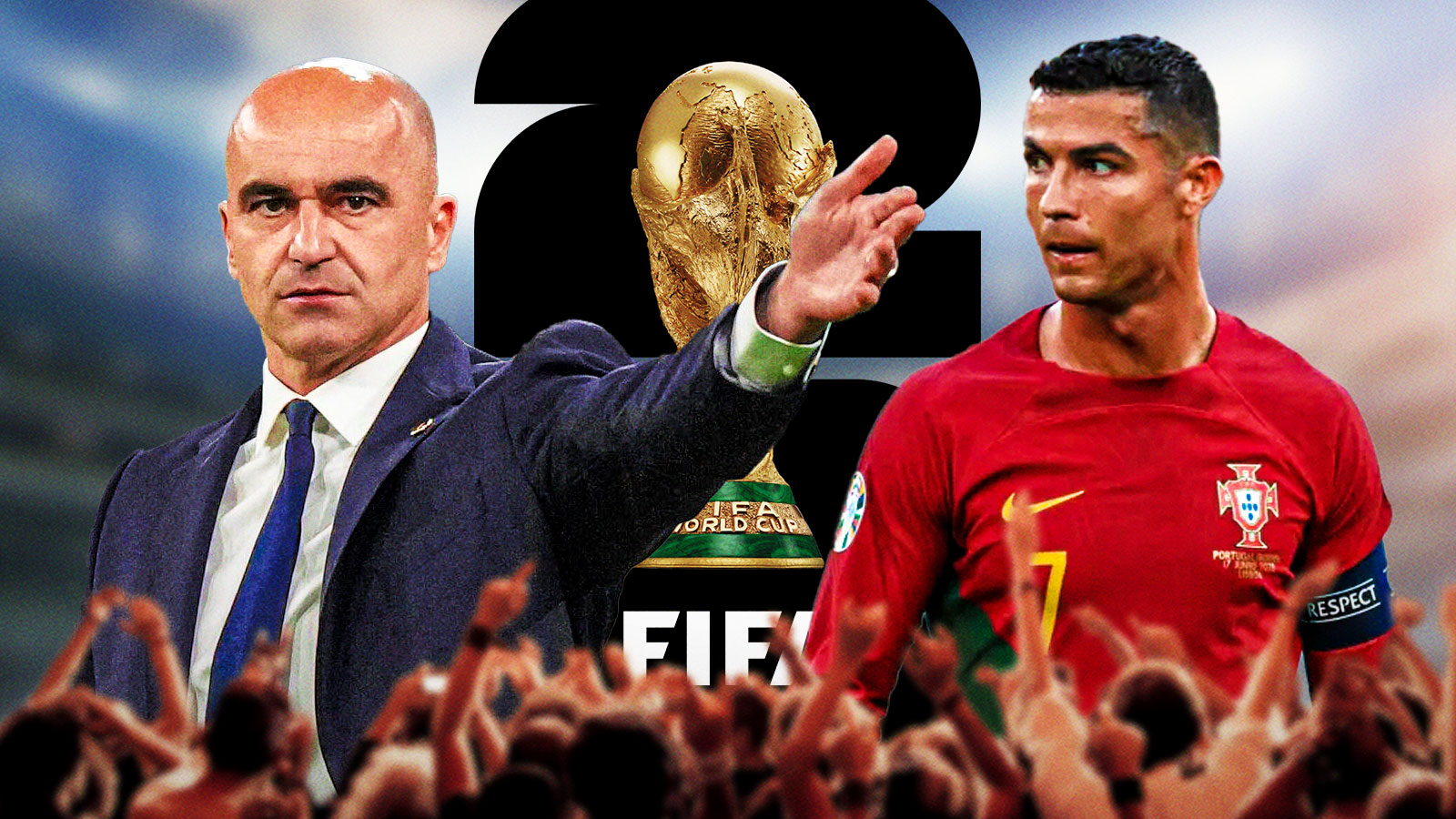Manchester City, one of the most successful clubs in recent Premier League history, faces calls for expulsion. The reigning champions have launched legal action against the Premier League over rules they claim are unfair. This situation has stirred significant controversy, with many arguing it tarnishes the reputation of English football.
The controversy began when Manchester City filed a 165-page legal document against the Premier League's Associated Party Transaction (APT) rules. These rules are designed to prevent clubs from inflating the value of deals with companies connected to their owners. Manchester City argues that these regulations are illegal and discriminatory.
City’s legal team insists that the club is being unfairly targeted. They believe that the APT rules, backed by rival teams, are specifically aimed at limiting their success. They argue that this is a “tyranny of the majority,” where the majority of clubs try to suppress a dominant team's success.
Calls for Manchester City's expulsion
Former Crystal Palace owner Simon Jordan has been particularly vocal about the issue. In a recent interview, Jordan expressed his shock at Manchester City's actions, calling them outrageous. He believes the club is trying to intimidate the Premier League authorities and described their behavior as disgraceful. Jordan urged other Premier League owners to campaign for City's expulsion, stating that the club’s actions bring the game into complete disrepute.
Graeme Souness, a co-host on the Three Up Front podcast, supported Jordan's views. Souness argued that Manchester City's challenge undermines the integrity of English football. He stated that the club essentially says the entire league is wrong and will prove it in court. Souness also pointed out that this situation could harm the Premier League's reputation internationally, mentioning that critics like the President of the Spanish FA might see this as validation of their criticisms of English football.
The unfolding legal battle has brought significant attention to Manchester City's practices and has ignited a broader discussion about the governance of the Premier League. Critics of City argue that the league’s rules are essential for maintaining fair competition and financial transparency. On the other hand, supporters of Manchester City feel envious rivals are unfairly singling out the club.
This legal conflict has far-reaching implications. It could set a precedent for how financial regulations are enforced in the Premier League and other football leagues worldwide. It also raises important questions about the balance of power within the league and whether dominant clubs can be effectively regulated.
In conclusion, the legal battle between Manchester City and the Premier League has created a significant controversy in English football. With calls for the club's expulsion and debates about the fairness of the league's rules, this situation highlights the ongoing tensions between maintaining a competitive balance and supporting the growth of successful clubs. The outcome of this case could have lasting effects on how financial regulations are applied in football, potentially reshaping the sport's landscape for years to come.




















